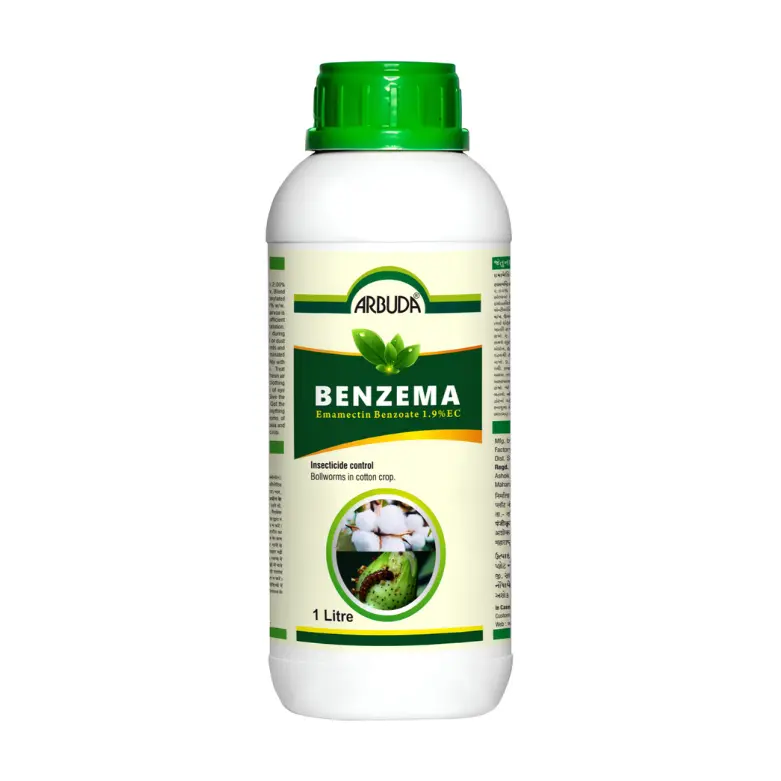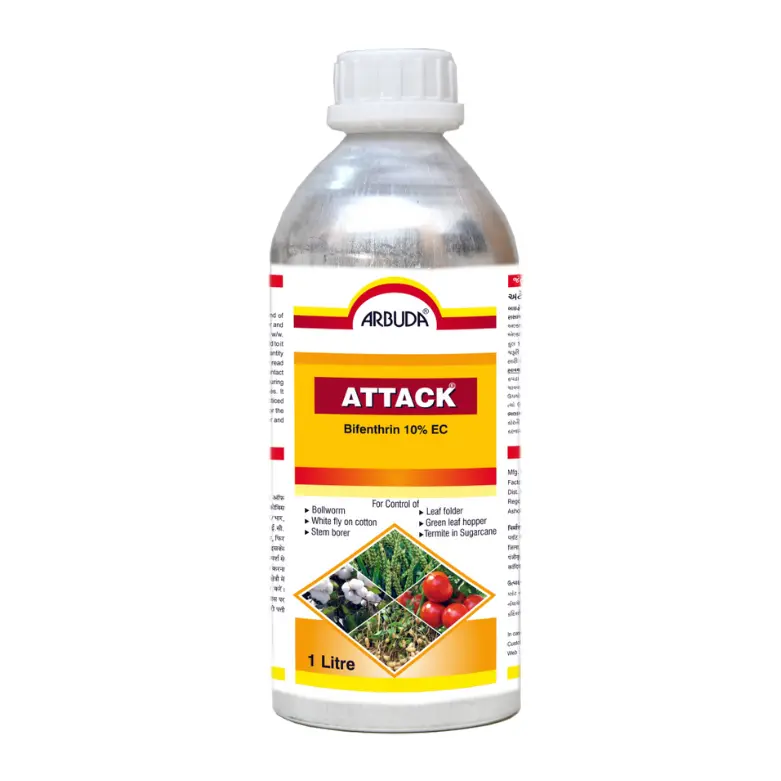The Role of Integrated Pest Management (IPM) in Modern Agriculture: A Case Study of Arbuda Agrochemicals Limited
In the face of growing environmental concerns and the need for sustainable agricultural practices, Integrated Pest Management (IPM) has emerged as a critical strategy in modern farming. IPM is a holistic approach that combines biological, cultural, mechanical, and chemical methods to manage pest populations in an environmentally and economically sustainable way. This blog explores the role of IPM in modern agriculture, with a focus on how Arbuda Agrochemicals Limited is leading the way in implementing this innovative approach to pest control management.
What is Integrated Pest Management (IPM)?
Integrated Pest Management is a multi-faceted strategy designed to control pest populations while minimizing harm to the environment, non-target organisms, and human health. It emphasizes the use of a combination of techniques, such as:
Biological Control: Utilizing natural predators or parasites to manage pest populations.
Cultural Practices: Modifying farming techniques, such as crop rotation and intercropping, to disrupt pest lifecycles.
Mechanical Control: Employing traps, barriers, and manual removal to reduce pest numbers.
Chemical Control: Using pesticides judiciously, and only when necessary, to minimize resistance and environmental impact.
By integrating these diverse methods, IPM offers a sustainable solution to pest control that is both effective and eco-friendly.

The Importance of IPM in Modern Agriculture
Traditional pest control methods, which often rely heavily on chemical pesticides, can lead to a range of negative consequences, including:
Environmental Damage: Overuse of chemical pesticides can contaminate soil, water, and air, harming beneficial insects, wildlife, and aquatic ecosystems.
Pest Resistance: Continuous use of the same chemical can lead to pests developing resistance, making these products less effective over time.
Health Risks: Pesticide residues can pose risks to human health, affecting farmers, consumers, and communities.
IPM addresses these challenges by promoting a balanced approach to pest management that reduces reliance on chemical inputs, enhances biodiversity, and fosters long-term agricultural sustainability.
Arbuda Agrochemicals and IPM: A Case Study
Arbuda Agrochemicals Limited is a leading advocate of IPM in India, committed to providing innovative solutions that support sustainable agriculture. The company’s diverse product range includes bio-pesticides, organic insecticides, and advanced formulations designed to work within IPM frameworks. Here’s how Arbuda is making a difference:
1. Developing Targeted Solutions:
Arbuda’s products are formulated to target specific pests while minimizing impact on beneficial organisms. For example, our Benzema (Emamectin Benzoate 1.9% EC) is highly effective against cotton bollworms and fruit borers but has a low toxicity profile, making it safe for other non-target species.
2. Promoting Biological Control: We support the use of natural predators and parasitoids to control pest populations. By integrating our products into IPM programs, farmers can reduce the need for chemical interventions, preserving the ecological balance in their fields.
3. Encouraging Cultural and Mechanical Practices: Arbuda works closely with farmers to implement cultural practices like crop rotation and intercropping, which disrupt pest lifecycles. We also advocate for mechanical methods such as pheromone traps and manual removal of pests to complement our chemical solutions.
4. Minimizing Chemical Use: When chemical control is necessary, we encourage the judicious use of our products, such as Attack (Bifenthrin 10% EC), to manage resistant pests like whiteflies and stem borers. By using these products selectively, farmers can prevent the development of resistance and reduce their overall chemical footprint.
5. Training and Education: Arbuda is committed to educating farmers about the benefits of IPM and sustainable agriculture. Through workshops, field demonstrations, and training sessions, we provide farmers with the knowledge and tools they need to implement effective IPM strategies on their farms.
Success Stories: IPM in Action
One of our recent projects involved working with cotton farmers in Gujarat to implement an IPM program aimed at reducing the incidence of bollworm infestations. By combining cultural practices such as intercropping with targeted applications of Benzema and encouraging the use of natural predators, we helped farmers achieve a 40% reduction in chemical pesticide use while maintaining high crop yields. This success story demonstrates the potential of IPM to improve agricultural productivity and sustainability.
The Future of IPM in India
As the agricultural landscape in India evolves, the adoption of IPM will be crucial for ensuring food security and environmental sustainability. The Indian government and various agricultural organizations are increasingly advocating for IPM practices to address the challenges of pest resistance, environmental degradation, and health risks associated with conventional pesticides.
Arbuda Agrochemicals is proud to be a part of this movement, continuously innovating and expanding our product range to support IPM adoption across the country. Our vision is to empower farmers with the tools and knowledge they need to protect their crops and livelihoods while safeguarding the environment for future generations.
Conclusion
Integrated Pest Management is not just a method; it is a mindset that prioritizes sustainability and long-term ecological health. As a leader in sustainable pest control products, Arbuda Agrochemicals Limited is dedicated to promoting IPM and helping farmers adopt practices that are good for their fields, their communities, and the planet.
By choosing IPM, we choose a future where agriculture thrives in harmony with nature. Explore our range of IPM-compatible products and learn how we can help you achieve sustainable pest management success on your farm.
Have Questions? We're Here to Help! Connect with Us for Quick Support and Expert Guidance!
Stay updated with the latest in pest control innovation by following our blog, and explore our range of products designed to keep your space pest-free, safe, and sustainable!









